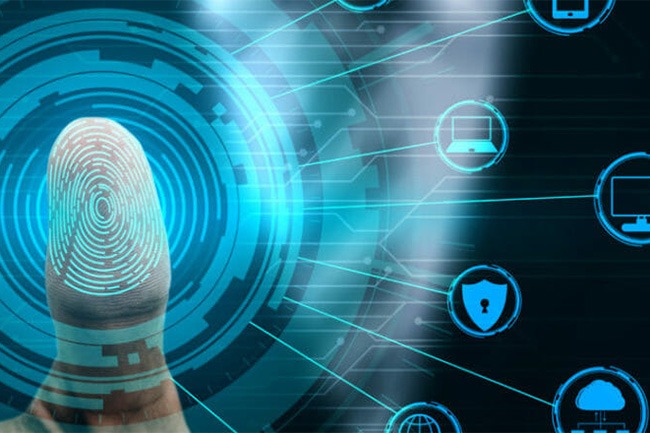
Follow WOWNEWS 24x7 on:

In a landmark move toward digital transformation, Sri Lanka’s Digital Economy Ministry has announced the launch of a National Digital Identity (Digital ID) system by April 2026. This initiative is poised to redefine public service delivery, enhance data protection, and position the country as a regional digital hub by 2030. With a Rs. 10.4 billion grant from the Government of India, the project promises robust privacy safeguards and inclusive access, marking a pivotal moment in Sri Lanka’s governance evolution.
Key developments and strategic goals
- The Digital ID system is a cornerstone of Sri Lanka’s broader Digital Economy Initiative
- It aims to simplify access to public services, improve transparency, and foster trust in digital governance
- The initiative is designed to reduce administrative burdens and financial strain on the Sri Lankan government
- The long-term vision includes establishing Sri Lanka as a regional leader in digital infrastructure and innovation
Technology backbone and global alignment
- The system will be built on the Modular Open-Source Identity Platform (MOSIP), a globally recognized framework already in use in countries like the Philippines, Morocco, Ethiopia, and Togo
- MOSIP currently supports over 130 million users worldwide, ensuring scalability and interoperability
- A certified Indian system integrator will customize MOSIP for Sri Lanka, while local IT professionals will be trained to manage operations and future enhancements
Privacy and security measures
- All data capture will be conducted solely by Sri Lanka’s Department for Registration of Persons
- Biometric and personal data collection will commence only after full local control is established
- A comprehensive security audit will be performed by Sri Lanka CERT prior to system activation
- The infrastructure will be entirely owned and operated by the Sri Lankan government, ensuring sovereign control
- Biometric data including facial, fingerprint, and iris scans will be encrypted with multiple layers of security during both storage and transmission
User experience and accessibility
- Citizens will access their Digital ID via a mobile application called e-Locker
- Features include biometric authentication, QR code scanning, and manual face verification
- For those preferring physical documentation, a printable version of the Digital ID will be available
- Existing National Identity Cards (NICs) will remain valid during a transition period of three to five years
- Each NIC will be digitally linked to the new system to ensure uninterrupted access to services
Public assurance and governance impact
- Officials emphasize that the Digital ID is not merely a technological upgrade but a foundational shift toward inclusive and efficient governance
- The system is expected to streamline public service access, enable secure digital transactions, and reinforce data privacy
- Authorities urge citizens and stakeholders to support the initiative based on informed understanding rather than apprehension
- The Ministry views this as a long-term investment in national resilience and digital empowerment
Conclusion
Sri Lanka’s Digital ID rollout represents a bold stride into the future of governance. With a strong emphasis on privacy, security, and accessibility, the initiative reflects a thoughtful balance between technological advancement and citizen protection. As the country prepares for this transformation, the Digital Economy Ministry’s commitment to transparency and inclusivity sets a promising precedent for digital reforms across the region.
Source: Daily Mirror

